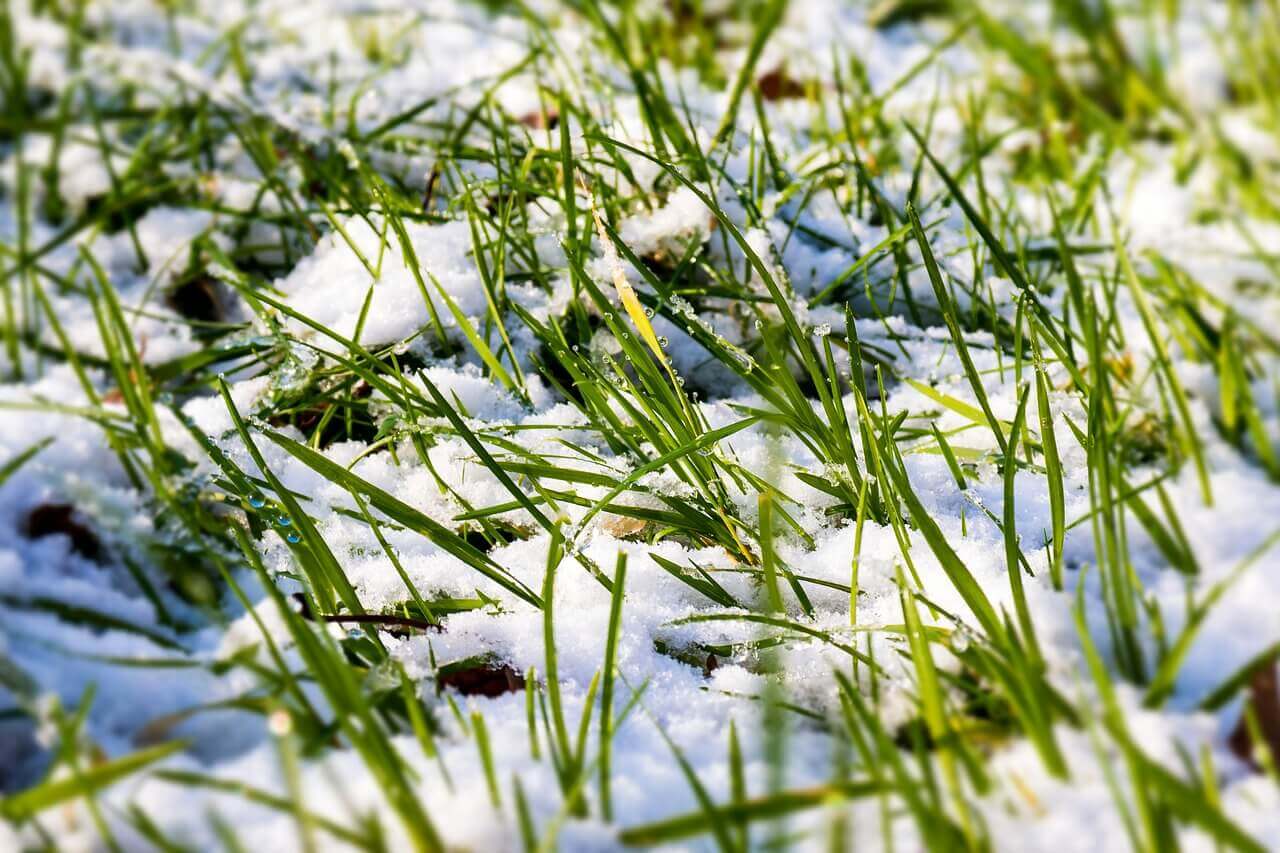In Denver, lawn care in the winter seems like an unnecessary task, which in part it is – when there is snow on the ground, there is not much you can do to care for your lawn. However, there are some important things to know about to ensure your lawn does not have hidden damage which could be treated or avoided. One thing to look for is snow mold.
Generally, when the snow hits and for the time surrounding the snowstorm, the temperature is cold enough to prevent bacteria from forming. But once the snow has been on the ground, the temperature in Denver tends to rise again above freezing. Although that is great for the residents of our city, it is also prime time for snow mold to form on your turf. The main culprits of snow mold are usually snow buildup which lasts for a prolonged period of time (weeks) or ice buildup on grasses. At just above freezing temperatures, snow mold is most likely to form.
How Do You Check for Snow Mold?
In between snowfall and especially after snow has mostly melted, homeowners can begin checking for snow mold. Removing excess snow and patches of ice from your lawn is the first step – then inspect your grass for matted areas with a gray or pink colored patch or area. If you find either of these types of bacteria growing on your grass, take the necessary steps to help your lawn recover from snow mold.
Steps to Recover from Snow Mold
Scoop or shovel snow off your grass and onto an area which gets more sunlight. Chances are, this area is in the shade which is why the snow remained when the weather warmed. Use a rake on the affected areas to help get more oxygen into the soil and allow for any new growth to sprout through. Anything which has been damaged or is dying should be removed from the area. Snow mold prevents direct sunlight from feeding the grass, so it is important to address it before it becomes a bigger issue.
Other Winter Lawn Issues to Watch Out For:
Spider mites can cause a lot of trouble in winter – especially when we experience dry spells in between snowfall and higher temperatures They feed on the grass roots and can kill patches of grass if not managed. One way to prevent mites from infiltrating your lawn is to make sure it is kept moist. On warmer days, prevent soil from getting too dry with a light watering or have your local lawn care experts in Denver come assess the situation and spray a preventative treatment over the whole area.
Not sure what to do next? Just call our team at American Arbor Care to help you figure out your next steps. With over 20 years in working in the industry here in Denver, we are well equipped and experienced to handle any issue you encounter. Call us today to get some more information or contact us now to schedule an appointment.

